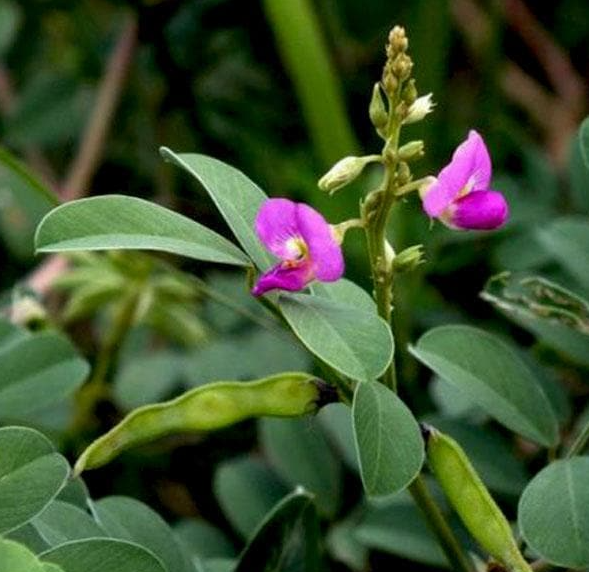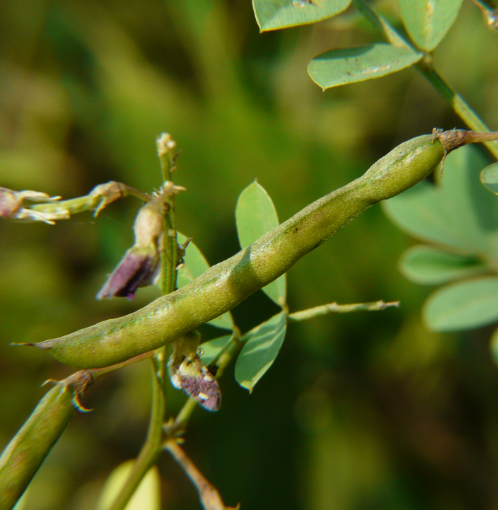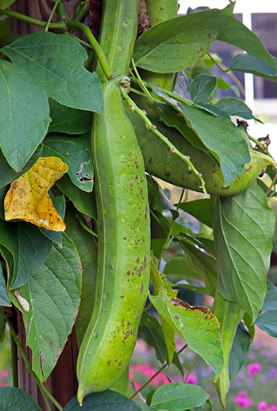Tephrosia (Wild Indigo Beans) Plant
Tephrosia (Tephrosia purpurea), a perennial from Africa/Asia, grows 0.5-2 m in sandy loam with full sun, tolerates low moisture, and is non-edible but valued for anti-inflammatory and insect-repellent properties with infrequent watering and 5:10:10 NPK.

Habit
Perennial
Height
0.5-2 m
Growth
Moderate
Soil
Sandy loam
Shade
Full Sun
Moisture
Low-Moderate
Edible
No
Medicinal
Yes (anti-inflammatory)
Origin
Africa/Asia
Climatic Condition
Tropical, subtropical
Temperature (°)
20-35
Humidity (%)
40-70
Potting media
50% peat, 30% compost, 20% peat
Fertilizers
Low nitrogen NPK (5:10:10)
Watering
Infrequent, drought-tolerant
Plant Weight
~0.5-1 kg
Flowering Time
Summer-Fall
Soil Ph level
6.0-7.5
Water Ph level
6.0-7.0
Soil EC
0.5-1.0
Yield Per Plant
N/A
NPK ratio
5:10:10
life Span
3-5 years
Health Benefits
Anti-inflammatory, insect repellent
Suggested Grow Media or Potting Mix ?
50% sand, 30% compost, 20% peat
Suggested Fertigation/Fertilizers
Fertilize monthly with low-nitrogen NPK
Common Diseases and Remedies
Anthracnose, Powdery Mildew, Root Rot, Bacterial Leaf Spot, Mosaic Virus
Dark sunken lesions on pods and stems, White powdery coating on leaves, Wilting with soggy roots, Small dark spots with yellow halos on leaves, Mottled yellowing leaves with stunted growth
Remove plant debris, copper sprays, Neem oil, sulfur spray, Improve drainage, avoid overwatering, Copper-based sprays, No organic cure, use resistant varieties
Fungicides with chlorothalonil, Fungicides with myclobutanil, Fungicides with mefenoxam, Bactericides with copper hydroxide, No chemical cure, use resistant varieties

